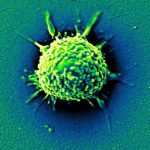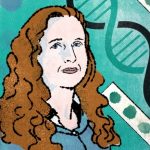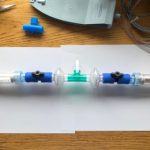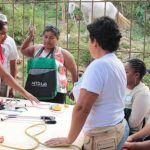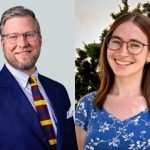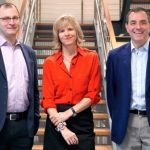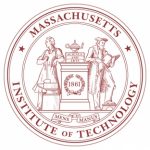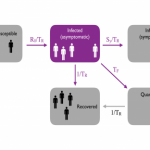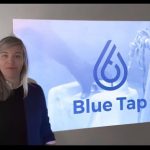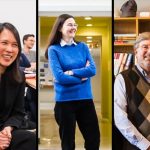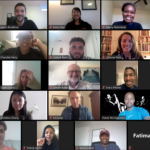Marshaling artificial intelligence in the fight against...
Artificial intelligence could play a decisive role in stopping the Covid-19 pandemic. To give the technology a push, the MIT-IBM Watson AI Lab is funding 10 projects at MIT aimed at advancing AI’s transformative potential for society. The research will target the immediate public health and economic challenges of this moment. But it could have a lasting impact on how we evaluate and respond to risk long after the crisis has passed. The 10 research projects are highlighted below. Early detection of sepsis in Covid-19 patients Sepsis...

